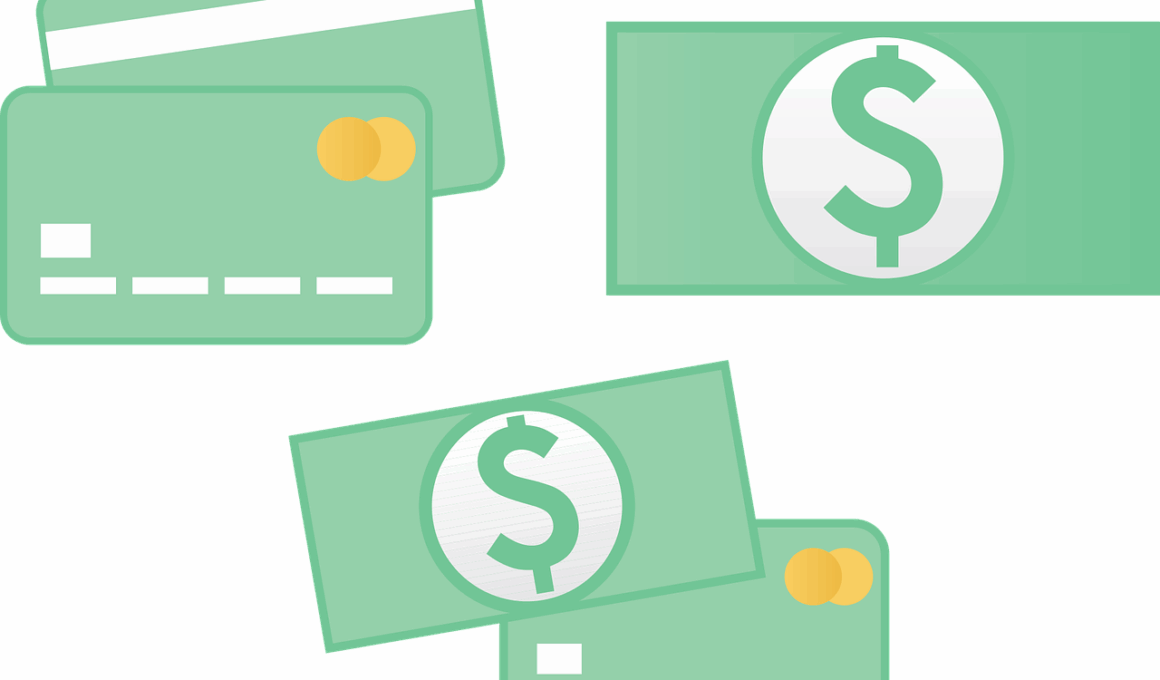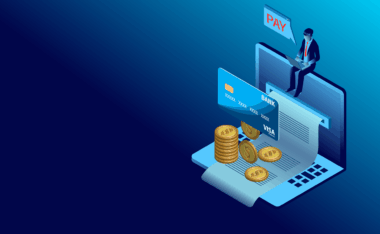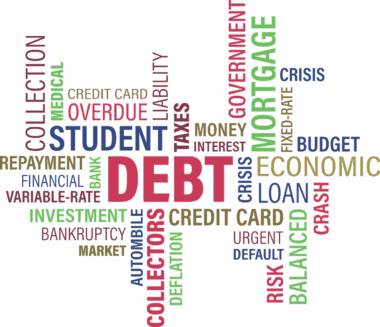Debt Reduction Planning: Budgeting Tips to Avoid Common Pitfalls
Reducing debt is a vital part of personal finance management. To create an effective budget, begin by evaluating your entire financial situation. List all sources of income and categorize monthly expenses, which should encompass necessary living costs, discretionary spending, and any debt payments. For most individuals, understanding the full picture of your finances can reveal potential areas for cost reductions. Consider examining fixed and variable expenses carefully to identify where adjustments can be made. Set financial goals that motivate you, focusing on both short and long-term objectives. Engaging in budgeting can involve making tough choices, such as trimming expenses or reassessing priorities. Use available budgeting tools and apps to help you maintain visibility over your financial health, allowing for adjustments when required. Communication is also key; involve family members in budgeting discussions to cultivate a culture of accountability. Commitment to revising spending habits and ongoing evaluation allows for sustained progress in eliminating debt. Stay focused on your goals by tracking your successes and celebrating milestones along the way, ensuring you remain motivated and on target with your financial objectives.
One essential tip in debt reduction planning is prioritizing debts based on interest rates. By tackling high-interest debts first, you’ll save money over time. Use the debt avalanche method, where the focus is on paying off debts with the highest interest rates first. This strategy can significantly reduce the total interest paid. Alternatively, consider the snowball method, where you prioritize by the smallest debts. Both methods have their advantages, so choose one that aligns with your psychology and motivates you effectively. Regularly reviewing your credit report is also crucial to understand your financial standing. Mistakes on your report can negatively impact your score, so ensure it’s accurate. Dispute any inaccuracies with supporting documentation. Additionally, contacting creditors can open up negotiation avenues for reduced payments, interest rates, or alternative repayment plans. Take time to analyze your needs versus wants, and adjust your budget accordingly. Be mindful of impulse purchases, and consider waiting 24 hours before committing to a purchase. Effectively managing debt while sticking to a budgeting plan requires mindfulness and discipline.
Creating a Realistic Budget
Ensuring your budget is realistic is essential for long-term success. Start by organizing an itemized list of all monthly expenses, dividing them into fixed and variable categories. Fixed expenses include mortgage or rent payments, utilities, and essential insurance. Variable costs can include groceries, entertainment, and discretionary spending. It’s advisable to plan for sporadic expenses such as medical bills or car repairs. Having an emergency fund should also play an integral role in your budget, designed specifically to cover unexpected costs without falling into debt again. Aim to set aside at least three to six months’ worth of expenses in this fund. This can provide a safety net and help you manage financial emergencies. To enhance budgeting efficiency, embracing automatic payments for fixed expenses is wise. Automating savings contributions and payment schedules minimizes the risk of late payments while ensuring that you consistently allocate funds towards reducing debt. Regularly update your budget to reflect any changes in income or expenses, making adjustments as necessary. Periodically review and assess your progress, celebrating achievements to maintain motivation. Consistency and mindfulness are vital components of effective budgeting.
Another key aspect of budgeting is tracking your spending habits. Utilize tools such as budgeting apps or spreadsheets to monitor daily expenditures. Keeping a detailed record provides insight into where money goes, allowing you to identify patterns or habits that might be detrimental. Assess if your spending aligns with your priorities and this, in turn, can motivate you to make necessary adjustments. Set up alerts for budget limits using your banking or budgeting app to stay aware of overspending. Training yourself to stick to a predetermined amount for categories ensures accountability. Review your monthly statements, looking for surprising trends in spending, which may reveal hidden discrepancies. Distinguish between needs and wants can also pave the way for smarter financial decisions by making it clear where adjustments can happen. Engage in constructive discussions surrounding spending with family or friends, promoting a support system that helps keep you accountable. This community aspect often fosters behavioral changes around financial literacy, ensuring you’re not alone on this journey. When tempted, remind yourself of your broader financial goals and the motivation that led you to create a budget initially.
Dealing with Financial Setbacks
Financial setbacks can derail even the best-laid plans, but learning how to navigate these challenges is crucial for achieving success. Keep an open mind regarding modifying your budget while addressing unexpected expenses. Life is full of surprises, and remaining flexible will enhance your resilience. Create scenarios in advance for potential setbacks, outlining how best to manage them. Ensure you have strategies prepared to fund emergencies without falling deeper into debt. Leveraging professional financial advice may provide additional insights into reworking your budget. Investment in educating yourself about personal finance can also empower you to make informed decisions. Consider online courses or consult reputable financial blogs to gain valuable know-how. Regular evaluations of your financial situation will enable you to adjust your plan proactively. Assess what worked in previous months and learn from mistakes. Furthermore, re-engaging with your financial goals periodically helps spark renewed determination, ensuring motivation remains strong through challenges. Continuous learning about personal finance ensures your preparations evolve, aligning with market and life changes. When you encounter setbacks, remember why you set financial goals and how rewarding success will be.
Maintaining a positive outlook throughout your debt reduction planning journey can significantly influence your results. When you focus on achieving specific goals, you’ll cultivate encouraging habits that support overall financial wellness. Celebrate milestones, no matter how small they may seem; rewarding yourself for progress maintains motivation. Engage with online communities, forums, or support groups focused on debt reduction. Sharing experiences helps normalize the challenges faced and facilitates constructive support. Additionally, accountability partners can help you stay focused on your goals. Surrounding yourself with financially savvy individuals can encourage responsible spending and improved money management. Avoid environments that trigger impulsive spending; instead, engage in activities focusing on creativity or learning new skills. Budgeting can present its challenges, but understanding that it’s a journey cultivates patience with yourself. Small, consistent changes lead to significant progress. Document your challenges, successes, and emotions through this journey, providing yourself with a reflective resource that champions personal growth. A positive mindset can help you tackle obstacles while keeping sight of ultimate goals. Remain adaptable to achieve long-term financial independence consistently, and avoid becoming overwhelmed or discouraged.
Conclusion
In conclusion, debt reduction planning is an ongoing process requiring commitment and active participation. Stick to your established budget while also being flexible in your approach. Regularly monitor finances and adjust plans as needed based on your evolving needs and circumstances. Revisiting your financial objectives ensures continued motivation and accountability, especially when faced with challenges. Make education a priority; leverage resources to broaden your knowledge of successful budgeting practices. Learning about the financial landscape equips you with tools to navigate obstacles strategically. Remember that seeking support from family, friends, or professionals can strengthen your resolve. Frequent discussions about financial goals can enhance your understanding and encourage positive lifestyle changes. Instead of viewing budgeting as a restriction, embrace it as an empowering tool that allows you to regain control over your finances. With discipline and a positive mindset, it’s possible to achieve lasting financial independence. Remain steadfast in working towards your debt reduction goals, recognizing that each step, no matter how small, propels you closer to financial freedom. Your efforts today will pave the way for a more secure financial future.
Providing consistent information to navigate financial challenges displays your commitment to personal finance management. Maintain a clear roadmap in your debt reduction planning strategy; tools and methods exist to assist anyone willing to engage. Start with actionable steps that give you direction and clarity. By creating and sticking to a meticulously designed budget, you will create a foundation for financial success that will empower you to make informed decisions and reduce your debt effectively.





